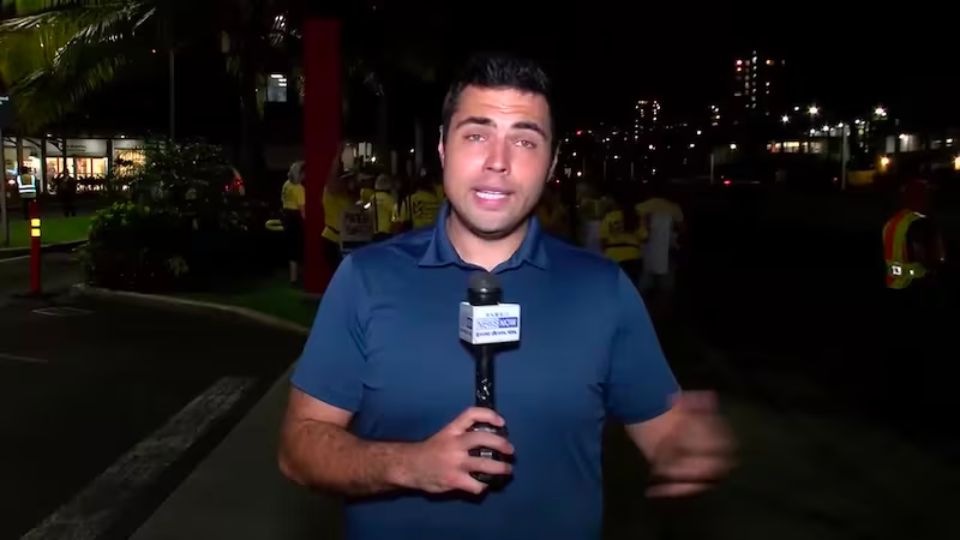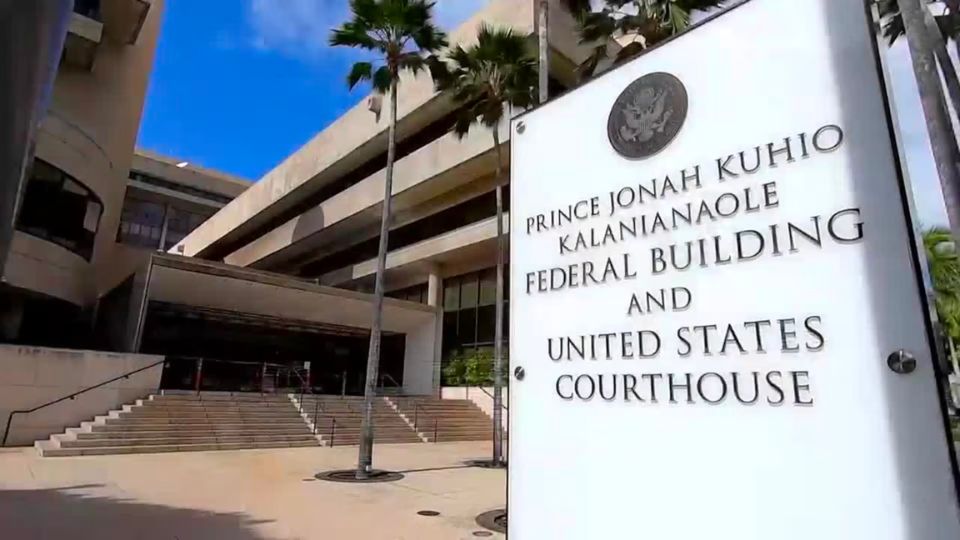Recently revealed court documents provide a startling glimpse into the evidence that federal prosecutors plan to present in the trial of three former city administrators. According to the documents, there is evidence of a plot devised by the defendants to bribe former police chief Louis Kealoha. The jury will need to determine whether the scheme in question was illegal.
In January 2017, Donna Leong served as the city’s corporation counsel, holding the position of top civil attorney. Roy Amemiya served as the managing director, while Max Sword held the position of chair on the Honolulu Police Commission. The trials for all three individuals are set to take place in October.
They face charges of conspiring to defraud the government. According to federal prosecutors, three individuals allegedly devised a plan to provide illicit payments to the former police chief, Louis Kealoha, who is currently serving a prison sentence. Notably, this scheme was executed without obtaining the necessary approval from the city council. Kealoha received a sum of $250,000 as part of their retirement package. Council approval is necessary for payments exceeding $5,000.
- IRS Grants Extra Time for 2024 Taxes to Kentucky’s April Storm Survivors
- Fed’s June Meeting: Rate Cuts Not in the Cards: What’s Next?
- Deadline Alert: Michigan Schools Must Act Fast with Federal Stimulus Funds
- How to Access VA Dependent Education Benefits with a 100% Disability Rating
- Big News for SSDI: Social Security Might Add $600 to Payments
In a recent development, a set of documents has been unsealed, revealing transcripts of audio recordings. These recordings were made by Acting HPD Chief Cary Okimoto, who took over after Kealoha’s departure.
“The revelation that HPD has been covertly recording high-ranking city and county officials due to suspicions of an illicit conspiracy is truly astonishing,” commented Alexander Silvert, a former federal public defender.
Okimoto expressed his concern about the money being taken from his police budget, as he feared it would deplete the funds. Leong provided an explanation on how he can have the money replenished after a few months. According to the records, Leong informed Okimoto about a potential solution for running out of money. Leong mentioned that the director for Budget and Fiscal services could transfer funds from the provisional account in such a situation. According to the transcripts, she stated, “In your case, the recommended course of action would be to hire a new officer to fill the vacant position.”
According to her, the city council’s consultation won’t be necessary if this approach is taken. However, Okimoto had a different interpretation, stating, “That’s not how I understood it.” During their conversation, he informed her that any amount exceeding $100,000 would require notification to the council.
Also Read: Working Migrants Boost California’s Economy Amid Inflation Challenges
Okimoto firmly stated that he would not deceive the council when questioned about the reasons behind his budget’s need for replenishment from the provisional account. “Someone is bound to inquire,” Okimoto stated.

“The purpose of the offer was not for new recruits or contract hires, but rather for the severance package,” said Kealoha. Okimoto expressed his discomfort with the plan multiple times. “There are concerns raised about potential violations of the law and circumvention of the system through these actions.”
According to the transcripts, Leong provided reassurance by stating, “I would never ask you to do something that’s illegal.” In a separate recorded conversation, Max Sword assured Okimoto, “I wouldn’t do it if it wasn’t legal.” When questioned about the source of funding for the payoff, Sword provided a straightforward response, stating, “The reason is quite simple.” “You don’t have to visit the seven bananas or nine bananas,” he mentioned, referring to the city council.
According to Silvert, the transcripts reveal that Leong and Sword were involved in a deceitful and sneaky plan. “According to Silvert, the legality of a low down, underhanded scheme hinges on the intent of the defendants.” According to Silvert, it appears that the others are actively trying to persuade Okimoto and taking all necessary measures to secure his cooperation. However, it will ultimately be up to a jury to determine the legality of their actions.
In the documents, there is additional evidence in the form of an email written by Okimoto to other concerned HPD leaders, including Assistant Chief William Axt, who expressed his discomfort with the plan. In an email, Okimoto informed the group about his meeting with Managing Director Roy Amemiya.
According to the email, it was revealed Amemiya questioned Okimoto, asking if he was firmly standing his ground on the matter. In an email, Okimoto expressed concerns that Amemiya and former Mayor Kirk Caldwell were worried about potential damage to relationships due to his refusal to comply with the plan. In a recent court document, numerous recordings have been transcribed, thanks to the efforts of the Public First Law Center.



Leave a Reply